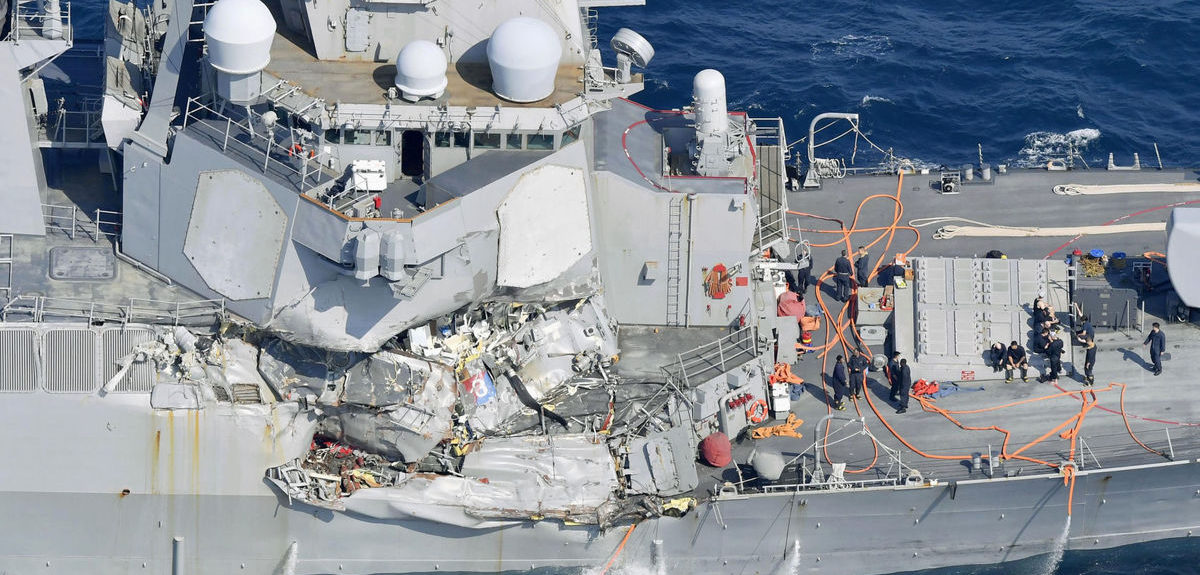The news out of the Far East this weekend was an utter shock — and horror — to the American system. And for the United States’ vast but close-knit military community, it hit even deeper.
Early Saturday morning, off the coast of Japan, the USS Fitzgerald collided with a Philippine-flagged container ship.
In the aftermath, seven United States Navy sailors lay dead.
One of their brethren, United States Navy sailor Brayden Harden, 19, who was sleeping in one of the berths that took a direct hit and was knocked off his bunk by the impact, tried to see to it that the death toll was zero.
Almost immediately, he dove into the water to save his bunkmates. According to his mother, Mia Sykes, he continued to dive back into the wreckage until there were no more air pockets.
And he wasn’t alone.
Affectionately known as “the Fighting Fitz”, the destroyer’s entire crew reacted quickly and did what they’d trained for so long to do.
Sykes said her son told her that when the initial collision took place, many of the sailors thought they were under attack and immediately went to man the guns.
Due to the severity of damage, the USS Fitzgerald was at risk of sinking and was only saved by the valiant push of these efforts (via Boston Globe):
Vice Adm. Joseph Aucoin, the commander of the Navy’s 7th Fleet, also described a harrowing scene as other sailors fought to keep the ship from sinking. Most of the damage is below the waterline, including a large gash near the keel, Aucoin said.
‘‘So the water flow was tremendous, and so there wasn’t a lot of time in those spaces that were open to the sea. And as you can see now, the ship is still listing, so they had to fight the ship to keep it above the surface. It was traumatic,’’ Aucoin said.
The fallen sailors have been identified, although their names will not be released until their families have been notified.
There are investigations being launched in order to understand the events leading up to the collision. Many families hope that their loved ones can return home in order to make sense of what happened.
‘‘You have to realize most of them are 18, 19 and 20-year-olds living with guilt,” said Mia Sykes. “But I told him, ‘There’s a reason you’re still here.'”
“‘Make that count.'”




































